Let’s face it. There’s not a tool in the HR toolbox that will inspire and retain great employees, if one group isn’t on board: managers. Managers are the key to a successful Employee Engagement program. And if they aren’t involved with your program, nobody who works for them will be either.
It’s one of the biggest problems we see in developing company culture. Managers who don’t use the employee engagement platform. Managers who don’t nominate their direct reports for awards or send recognition. Managers who don’t give out their reward points. Managers who say they just don’t have time. We’ve heard it all. But believe me, the manager who doesn’t have time to say “thank you” in a meaningful way won’t be a successful one. Employees – especially the best employees – just won’t put up with a culture devoid of appreciation over the long haul. They don’t have to.
According to recent research by Gallup, “managers account for at least 70% of the variance in employee engagement scores across business units.” Since a growing body of research shows strong correlations between engagement and business outcomes (check out Gallup’s analysis here), that means that managers who don’t adopt your recognition and engagement program are negatively affecting customer loyalty, profitability, and productivity. And that just won’t do.
So, why do some managers drop the ball? Here are a few good (and not so good) reasons:
Learning to be Leaders
Managers weren’t always managers. Many were promoted because they were great at non-managerial roles. And too often, there’s no support or coaching along the way to help them grow into senior company leaders.
Feedback goes a long way. Set expectations and provide living examples of great leadership in your organization. Consider implementing a mentorship program where effective leaders can share best practices with emerging leaders and middle managers.
They Don’t Know What They Don’t Know
You know the case for employee engagement is a strong one and that it’s an organizational imperative. Do they? Managers may not know that cultivating engagement is an essential part of being a leader.
Let them know how recognition relates to results and tell them these efforts are not only expected, they’re measured. Team development is a leadership skill and recognition is an important way to achieve it.
Overwhelmed
In SHRM’s recent HR Magazine article, Frazzled and Frayed: How to Help Middle Managers Succeed, Kathryn Tyler reports on the many stresses of middle management. She cites one study showing that this group has the “highest rates of anxiety and depression of any worker group.” What’s more, Tyler quotes Brian Kropp saying, “The average middle manager has 50 percent more direct reports than 10 years ago and spends about 15 percent less time with each of them.” They are handling a lot of conflicting and simultaneous pressures.
When there’s too much going on, recognizing teammates often falls by the wayside. Unfortunately, this just creates an increasingly difficult situation, demotivating people under pressure and making them feel less valued and less committed. When you need everyone to be working well together and contributing their best efforts, employee engagement is vital and it has to bubble up as a priority.

Turn to Technology
Make it easy for managers to recognize people on the fly. With today’s technology, apps and software platforms make is possible to recognize a direct report in a timely way, with a message tied to company goals and values. Providing managers with a pool of reward points allows them to reward the right actions and decisions and also provides the tracking and reporting about employee accomplishments they’ll need when it comes to performance reviews and evaluations.
So, what can you do to help managers get on board? Here are a few ideas:
- Educate on the benefits of engagement and recognition
- Tie recognition opportunities to company goals and values
- Communicate the company’s expectations of managers, aligning their teams to these goals
- Provide easy-to-use tools, such as recognition apps and online platforms
- Consider adding Spot Awards to your program for fast impact
- Train managers on how to use platform reporting to evaluate their own teams
And finally, recognize managers for their achievements. There’s nothing like being on the receiving end to drive home why it’s important to acknowledge great work.



